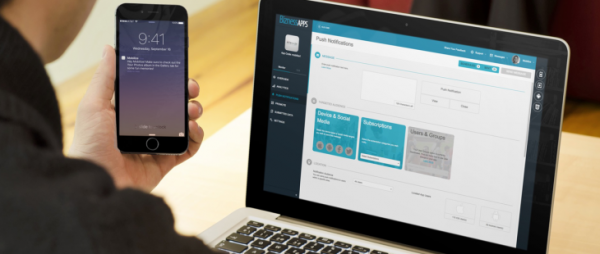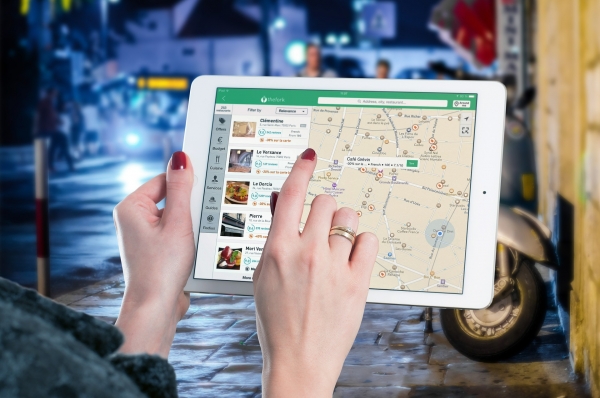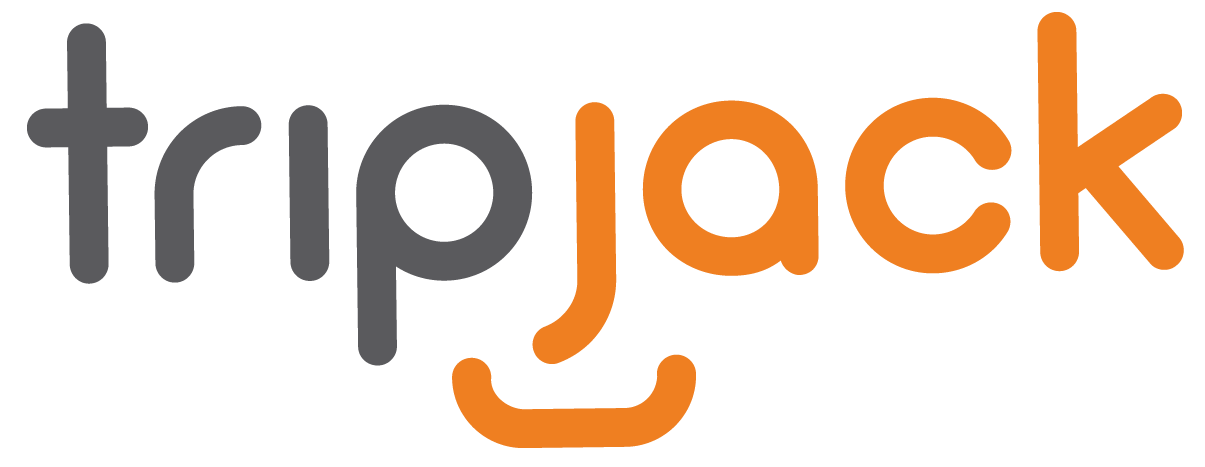Travel Software Development
Travel software development involves creating applications, platforms, or solutions tailored to the needs of the travel industry. This can include software for travel agencies, booking platforms, itinerary management, expense tracking, and more. Here are the key aspects and considerations when developing travel software:
1. Define Objectives and Features:
- Identify the specific goals and features of your travel software. This could range from online booking systems and itinerary planning to expense management and reporting.
2. User Experience (UX) Design:
- Create an intuitive and user-friendly interface. Consider the needs of both end-users (travelers) and administrators (travel agents, managers).
3. Integration with Third-Party APIs:
- Integrate with external APIs for services such as flight booking, hotel reservations, car rentals, and other relevant travel-related services.
4. Booking and Reservation Systems:
- Develop a robust booking system that allows users to easily search, compare, and book flights, hotels, and other travel services.
5. Payment Gateway Integration:
- Implement secure payment gateways to facilitate online transactions for bookings. Security is crucial for handling sensitive financial information.
6. Mobile Responsiveness:
- Ensure that the software is accessible and functional across various devices, especially mobile phones and tablets.
7. Geolocation Services:
- Incorporate geolocation features to help users find nearby attractions, hotels, and other points of interest.
8. Notification Systems:
- Implement notification systems to keep users informed about their bookings, updates, and any changes to their travel plans.
9. Multi-language and Multi-currency Support:
- If your software targets an international audience, support for multiple languages and currencies is essential.
10. Data Security and Privacy:
- Implement strong security measures to protect user data and ensure compliance with data protection regulations, such as GDPR.
11. Analytics and Reporting:
- Include analytics tools to track user behaviuor, preferences, and system performance. Reporting features can assist administrators in making data-driven decisions.
12. Scalability:
- Design the software to handle increasing numbers of users and transactions as your platform grows.
13. Testing:
- Conduct thorough testing to identify and address any bugs or issues. Test the software in various scenarios to ensure reliability and stability.
14. Regulatory Compliance:
- Stay informed about and comply with regulations and standards related to the travel industry, such as industry-specific regulations and data protection laws.
15. Customer Support Integration:
- Implement customer support features, such as chatbots or help desks, to assist users with inquiries or issues.
16. Feedback Mechanism:
- Include a feedback system to gather user opinions and improve the software based on user input.
17. Continuous Updates and Maintenance:
- Plan for regular updates to enhance features, fix bugs, and adapt to changes in the travel industry.
Remember that collaboration with industry experts, staying updated on industry trends, and actively seeking user feedback can contribute to the success of your travel software.





















